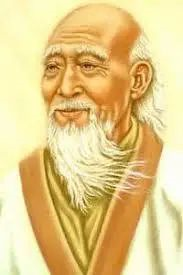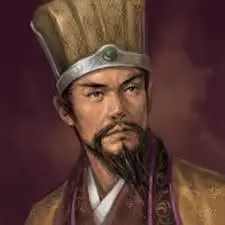Chinese Idiom Explained: 大器晚成
August 22, 2022
The popular idiom “大器晚成 dà qì wǎn chéng” comes from chapter forty-one of Lao Tzu’s Tao Te Ching, which can be roughly translated as “late bloomer” in English.
In this blog, we want to share with you both the Chinese and the English retelling of the original story behind 大器晚成 dà qì wǎn chéng” what it means, as well as how to use it in a sentence.
Let’s dive in!

三国时期,袁绍身边有一位门客,名叫崔琰。他从小学习武艺,不过直到二十三岁才开始读《论语》、《诗经》等书籍。
崔琰为人耿直,很有见识,连曹操都很敬重他。
崔琰在对人才的识别方面,有着独到之处。崔琰有个堂弟名叫崔林,年轻时没有什么成就和名望,亲戚朋友都瞧不起他。但是崔琰却对这位堂弟相当器重,常常对别人说:“此所谓大器晚成者也,终必远至。”意思是说,能做大事的人往往要经过长期的锻炼,崔林将来一定会成大器。 后来,崔林受到重用,先是在曹操手下担任主簿等官职,后来在魏文帝曹丕朝中被封为安阳乡侯,成为魏国的重臣。
During the period of the Three Kingdoms, Yuan Shao, a contemporary warlord, had a guest called Cui Yan. He practiced martial arts from a young age, but only started reading books like The Analects of Confucius, and The Book of Song at the age of twenty-three.
Cui Yan was frank and honest with others, with a lot of experience. Even Cao Cao, another famous Warlord and poet, greatly respected Cui Yan.
Cui Yan had a unique way of identifying talent. Cui Yan had a cousin called Cui Lin who, when he was young, didn’t achieve anything significant or have a great reputation, and was often looked down upon by his family and friends. But Cui Yan always regarded this cousin quite highly, and often told others: “This is what people call a late bloomer, give it time.” He meant that a person who has the capability of doing great things often takes a long time to practice, Cui Lin would become a great talent one day.
Eventually, Cui Lin was given great responsibilities, first working as a civil servant under Cao Cao, then becoming an important court minister in the Wei Kingdom.

大器晚成的意思是指能担当重任的人物要经过长期的锻炼,所以成就较晚。
This idiom tells us that people who take on important tasks have gone through a long period of preparation, so it would take longer to accomplish.

大器 dà qì (Great talent and mind)

晚成 wǎnchéng (Accomplished later because it takes time)

例句 (Example Sentences)
舅舅四十多岁了才当上院长,真是大器晚成。
Jiùjiu sìshí duō suìle cái dāng shàng yuàn zhǎng, zhēnshi dàqìwǎnchéng.
My uncle only became the director at the age of forty, he was a late bloomer.
这位画家大器晚成,年轻时毫无名气.
Zhè wèi huàjiā dàqìwǎnchéng, niánqīng shí háo wú míngqì.
This painter was a late bloomer, when he was young he had no reputation.

Want to learn more? We have more Chinese Idioms in store for you!